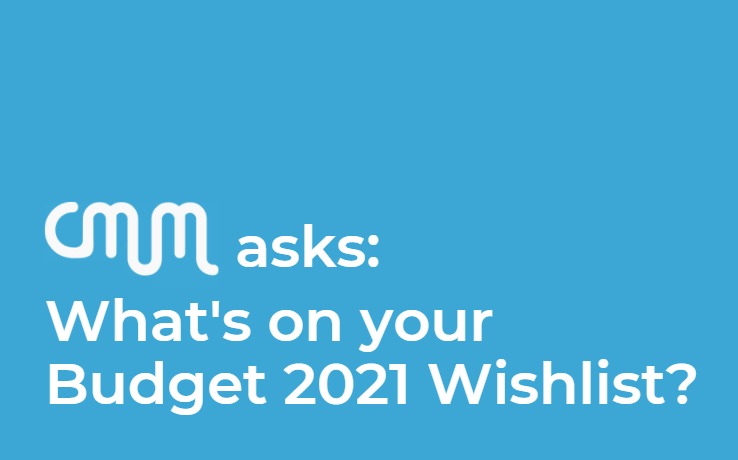Published on 12th of May, 2021

A greater stock of affordable housing and increased funding to address the mental health crisis are top of a 2021 Budget wish list of CMM clients, supporters, staff and governance.
Virtually all 34 respondents surveyed by CMM a month ago mentioned aspects of the housing crisis as an issue of great concern: housing affordability and supply, lack of private and community housing, skyrocketing rents, the growing problem of homelessness, and declining rates of ownership, particularly by first home owners and Māori.
“Respondents were clear that housing needed to be addressed in the Budget, with many respondents calling for rent regulation, more single person accommodation, shelters for those who are homeless, supported living facilities, and transitional housing,” says CMM Executive Director Jill Hawkey.
“With a record 22,521 households on the public housing waitlist at the end of 2020 and given that Government announced a suite of policy changes intended to make the property market fairer for first-home buyers before stakeholders were surveyed, it is clear our stakeholders feel that more needs to be done.”
The survey also revealed that respondents are concerned that many New Zealanders on social welfare and low wages struggle to simply make ends meet, an issue that needs to be addressed in this year’s Budget.
The effects of child poverty and of lack of funding for healthcare–mental health treatment in particular–were the next most pressing issues that respondents hoped would be addressed in the Budget. Also of concern were the generations of families struggling to escape the poverty cycle as the rate of inequality in society deepens.
Calls for pay parity were made, as were calls to improve social welfare policy and increase the accommodation supplement. One respondent said the Working for Families tax credit needed to be extended to better meet the needs of more working and couples who struggle financially.
Many respondents reported feeling the pinch in the last two years as the cost of living rose. One said the combined cost of rent, food and fuel were now much higher than the average wage. Lack of healthcare had affected a number of respondents, with many noting an inability to find suitable and affordable mental health care and longer waitlists.
On the plus side, respondents reported the increase in the minimum wage and better investment in warmer houses by the Government had improved life over the past two years. One said the increase in house value had allowed them to consolidate debt and pay it off faster, although with it came a sense of guilt that rising prices had shut many out of the housing market.
The way in which the community rallied during the COVID-19 lockdown and the support shown by one another were among the most encouraging signs of the last two years. Relief at riding out the pandemic in a relatively safe country and increased confidence that the economic impact of COVID-19 would lessen was a common response. As a result of the pandemic, there was more of a collective, mutually caring mentality than existed previously, one said. Another respondent said people were more aware of the taonga that is Aotearoa these days.
